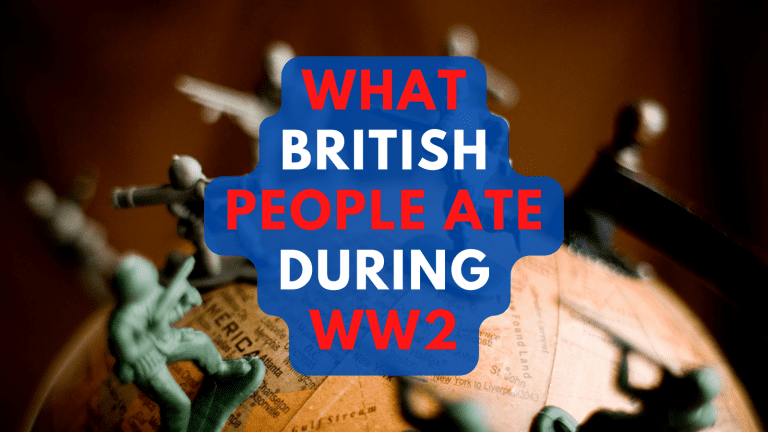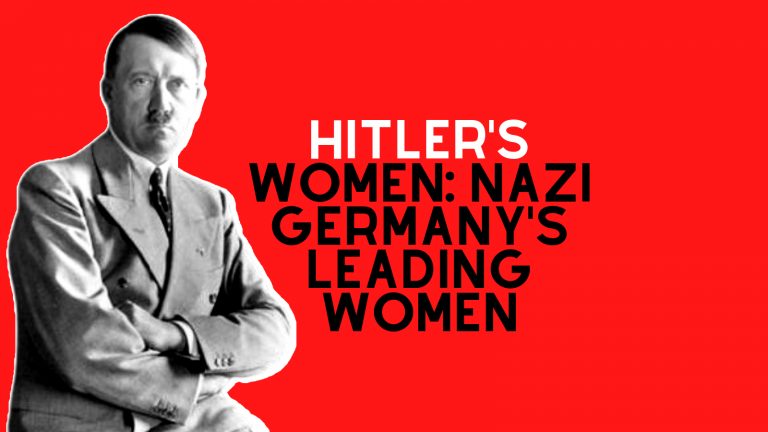What is George III most famous for?
George III was born in London on June 4, 1738, to Frederick, Prince of Wales, and Princess Augusta of Saxe-Gotha. George’s reign as King of Great Britain and King of Ireland began on October 25, 1760, when his Grandfather, George II, died. His father had died before him, hence he became King at just 22 years of age.
George married Charlotte of Mecklenburg-Strelitz (now made famous in a TV show) in 1761, and together they had a staggering 15 children, including the future monarchs George IV and William IV.
George’s reign as King of Great Britain and King of Ireland began on October 25, 1760, and ended with his death on January 29, 1820, in Windsor Castle.
What is the number one thing George III is famous for?
Regretfully, one word – madness.
George III’s legacy is as enthralling as it is tragic. His bouts of erratic behaviour and eccentricity weren’t mere quirks; they were the signposts of a mind unravelling, forever etching his name in history as the embodiment of royal madness.
George III ascended the throne with the hopes and expectations of a nation on his young shoulders. For a time, he ruled with a relatively stable hand, and yet, shadows of instability loomed ominously, foreshadowing a reign that would end in darkness and confusion. His bouts of insanity, particularly later in his life, would ultimately define his rule and overshadow his accomplishments.
In the 1780s, the first public signs of his mental health issues became evident. George III was prone to violent outbursts, he would speak until foam appeared at the corners of his mouth, and he had endless, feverish conversations with imaginary figures. These episodes were as bewildering as they were heartbreaking, causing distress among the courtiers and raising questions about his fitness to rule.
Speculation about his condition ran rife, with everything from porphyria, a rare genetic disorder, to arsenic poisoning considered. Yet, the discussion in recent times leans towards bipolar disorder or the psychiatric illness schizophrenia.
In short…we don’t know and will never know.
Such was the level of his madness that a Regency Act was imposed, and his son, the future George IV, was known as the Prince Regent. However, he proved to be only slightly less mad than his father.
Despite his struggles, George III was a king who loved his people and believed in his duty towards them. Yet it’s his madness, this sad and tragic unravelling of a king, that seizes the public imagination. His personal torment became a public spectacle, his plight a subject of drama and literature, forever memorializing him as a poignant figure in the annals of royal history.
What else will George III be remembered for?
George III is also known in history as the monarch who “lost America.” His reign witnessed one of the most pivotal moments in global history – the American Revolution, which led to the birth of the United States, a new nation that would grow into a global powerhouse.
The roots of the revolution were deeply entwined in the colonial policies of George III’s rule. A rapidly expanding British Empire and an escalating national debt from the Seven Years’ War led the King and his government to seek additional revenues. This drive led to the implementation of several taxation acts on the American colonies, including the infamous Stamp Act of 1765 and the Townshend Acts of 1767.
These acts were met with fierce opposition from the colonies, which were growing increasingly resentful of taxation without representation. George III’s obstinate approach further fanned the flames of discontent. His insistence on upholding parliamentary sovereignty over the colonies, even in the face of mounting resistance, exacerbated tensions and propelled the colonies towards rebellion.
The eventual outbreak of the American Revolutionary War in 1775 was an indictment of George III’s rule and his inability to adequately address colonial grievances. Despite early successes, the British were eventually defeated. The signing of the Treaty of Paris in 1783 formalized America’s independence and marked a significant blow to British imperial ambitions.
George III’s mismanagement of colonial policy and his failure to effectively address the grievances of the American colonists proved catastrophic. His dogged determination to maintain British control over the colonies ultimately led to the dissolution of their allegiance, forever earning him the label as the monarch who lost America.
You might not know this about George III
While King George III may have played his part as the “mad king” (was he the inspiration for Game of Thrones?), when it came to his queen, Charlotte, he was more of a smitten kitten! Their arranged marriage began, like many royal back then nuptials, without much of a spark — no candlelit dinners or long walks on the beach. As crazy as it might seem, the first time they laid eyes on each other was on their wedding day.
But don’t be fooled by this formal beginning, as the story took a delightful twist. Despite the impersonal start, George and Charlotte discovered a love that can almost be unrivalled in royal circles. Their letters became less about ‘King-Queen’ stuff and more about stolen kisses, shared jokes, and those everyday family moments. Who knew our stern-faced George was such a softie, referring to Charlotte in letters as his “dearest wife”?
They made a big, bustling family together with a staggering fifteen children. If you consider George’s health problems, this was quite a feat! And unlike the royals of the day, they skipped grand court extravaganzas, favouring family time and bedtime stories. It was a royal version of “home sweet home.”
Unlike so many Kings in history, it is not believed that George took a single mistress.
And when George struggled with his mental health, Charlotte was his rock, proving their bond was more than a signed marriage contract.
Their love story is a delightful surprise in the pages of history. It’s proof that real, unexpected, warm-fuzzy-feeling love can flourish, even when your first date is your wedding day!
The Children of George III and Queen Charlotte
| Name | Date of Birth | Place of Birth | Date of Death |
|---|---|---|---|
| George IV | 12 August 1762 | St. James Palace, London, England | 26 June 1830 |
| Prince Frederick, Duke of York and Albany | 16 August 1763 | St. James Palace, London, England | 5 January 1827 |
| William IV | 21 August 1765 | Buckingham House, London, England | 20 June 1837 |
| Charlotte, Queen of Württemberg | 29 September 1766 | Buckingham House, London, England | 5 October 1828 |
| Prince Edward, Duke of Kent and Strathearn | 2 November 1767 | Buckingham House, London, England | 23 January 1820 |
| Princess Augusta Sophia | 8 November 1768 | Buckingham House, London, England | 22 September 1840 |
| Elizabeth, Landgravine of Hesse-Homburg | 22 May 1770 | Buckingham House, London, England | 10 January 1840 |
| Ernest Augustus, King of Hanover | 5 June 1771 | Buckingham House, London, England | 18 November 1851 |
| Prince Augustus Frederick, Duke of Sussex | 27 January 1773 | Buckingham House, London, England | 21 April 1843 |
| Prince Adolphus, Duke of Cambridge | 24 February 1774 | Buckingham House, London, England | 8 July 1850 |
| Princess Mary, Duchess of Gloucester and Edinburgh | 25 April 1776 | Buckingham House, London, England | 30 April 1857 |
| Princess Sophia | 3 November 1777 | Buckingham House, London, England | 27 May 1848 |
| Prince Octavius | 23 February 1779 | Buckingham House, London, England | 3 May 1783 |
| Prince Alfred | 22 September 1780 | Buckingham House, London, England | 20 August 1782 |
| Princess Amelia | 7 August 1783 | Royal Lodge, Windsor, England | 2 November 1810 |






